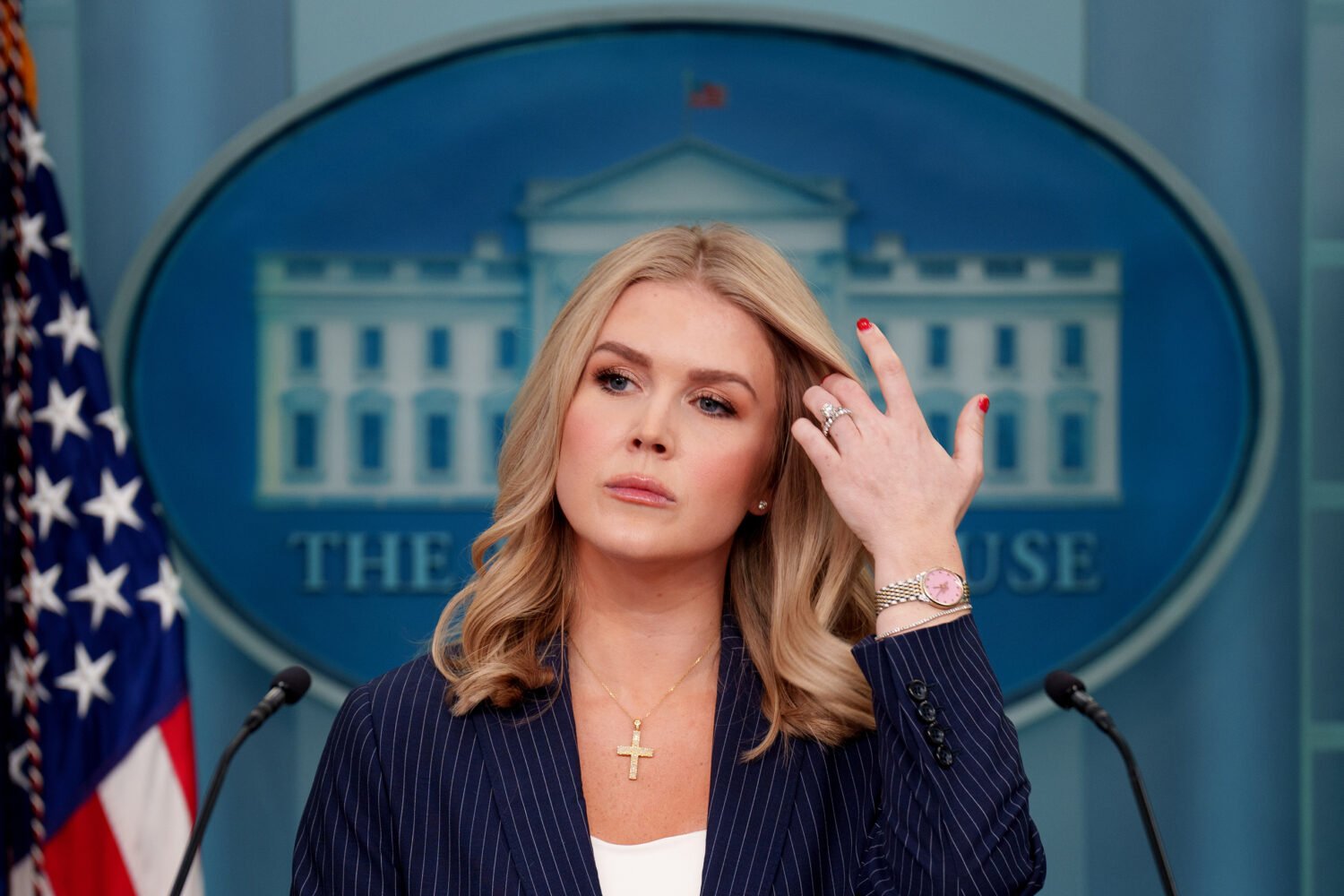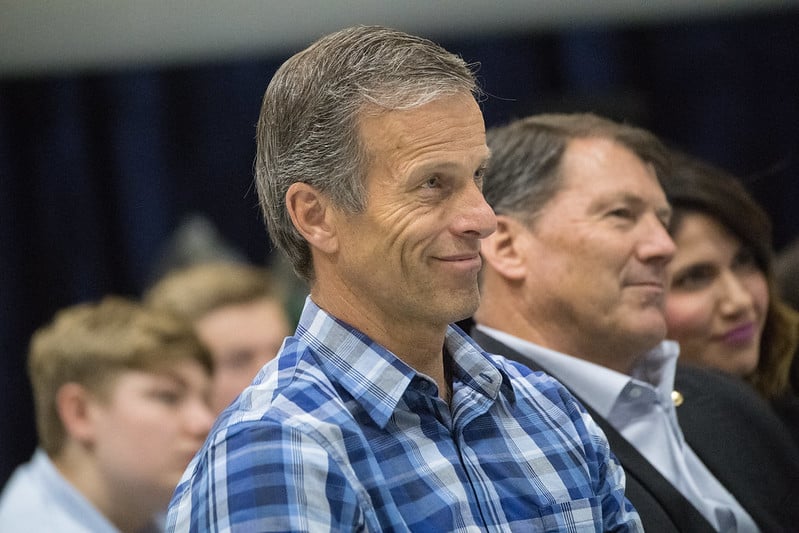Three things are certain after a presidential-election defeat: infighting, second-guessing, and efforts to create a new think tank.
In 1989, Democrats had just lost a third presidential election by being cast as too far left. In response, party moderates formed the Progressive Policy Institute to come up with more palatable policies. PPI ideas such as reinventing government and welfare reform helped Bill Clinton establish centrist credentials and win two terms in the White House.
Meanwhile, after Clinton beat George H.W. Bush in 1992, Bill Kristol, former chief of staff to Vice President Dan Quayle, built the Project for the Republican Future. PRF helped galvanize opposition to Clinton’s health plan via faxed “policy memos” to GOP leaders, adding an intellectual sheen to efforts that ultimately defeated the plan.
Likewise, Empower America—founded by William Bennett, Jack Kemp, and Jeane Kirkpatrick—also grew out of Bush’s defeat. Empower trained key GOP staffers such as Michael Gerson, the George W. Bush speechwriter who helped articulate Bush’s “compassionate conservatism” vision, and Pete Wehner, who managed the Bush White House’s relationships with intellectuals.
After Bush’s win, Democrats in turn felt outgunned on the think-tank front. Senate majority leader Tom Daschle complained of the GOP, “They have a dozen think tanks, and we have none.” Not for long: In 2003, Democrats created the Center for American Progress. After Barack Obama’s 2008 victory, approximately one-third of CAP’s staff joined his administration.
This pattern of new think tanks to help a party rethink matters has continued in the years since John McCain’s 2008 defeat and Mitt Romney’s 2012 loss. Former Bush and McCain adviser Douglas Holtz-Eakin started the American Action Forum after 2008; Avik Roy launched the Foundation for Research on Equal Opportunity in 2016.
And while the Trump era was a break with many Washington traditions, the post-Trump era is embracing this one: Thus far, administration refugees have formed three new think tanks: Brooke Rollins’s America First Policy Institute, Ben Carson’s American Cornerstone Institute, and Russ Vought’s Center for American Restoration. AFPI is the largest so far, covering 20 policy areas, with offices in Virginia, Florida, Texas, and New York.
Elections are uncertain, and candidates may come and go, but new think tanks that rise out of election losses are here to stay.
This article appears in the June issue of Washingtonian.



















